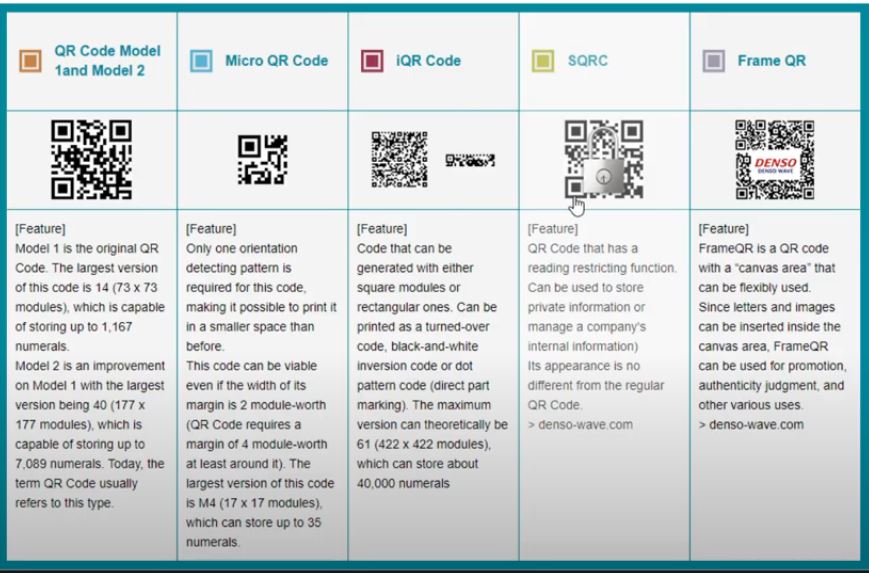Projects
CC21 - Citizen Science observations for flooding - design concepts and ideation
Project start and end dates:
2021-05-07 to 2021-06-18
Brainstorm the community science observation/ web app design and functionality, and the way in which community scientists can send observations to trusted authorities and receive information from them. The desired prototype should:
- Allow government officials/data scientists (“Trusted authorities”) to enlist and verify community scientists, request observations, gather and manage the observations
- Allow “community scientists” to use their mobile device to conduct controlled in-situ observations during or after a disaster, that they can then upload and send to trusted authorities and data scientists.
- Consider a way for observations to be taken and uploaded later on. Consider what kind of information is available in a mobile phone / photo, and what might need to be added, to make a good observation
- What kind of approval / training process is needed to validate observers/observations? Is there one-size fits all or multiple types of observations/approvals?
- Include safety and training pages/ help material to ensure that “community scientists” take effective and useful observations while staying safe
- Are there other crowdsourced science projects out there? What do they do? What ideas can you borrow?detailed product design initiatives.

The Ontario Tech University students researched and analysed practical applications that provided solution-based approach to solve the way in which community scientists can send observations to trusted authorities and receive information from them. Design Thinking methodology was used to understand the user perspective, with human-centred point of view.
The students demonstrated understanding of the design thinking methodology, they empathized with the user by searching and gathering information about them to try and understand them. They then created user personas and user journey maps based on the information they had collected and categorized. They ideated and documented possible solutions and created prototypes which captured real life user experience.
Overall the team’s findings were of great value and significance and we are confidence in their discoveries and their conclusions. Their suggestions will be put to immediate use as we continue to design the prototype.
Thank
You!
We would like to thank students of Sales & Marketing Connection & Insights, under the guidance of their professor.*
Related Project
Software can help the world respond to climate change impacts and disasters.
In 2019 we set out to investigate if there is a need for a solution that gives citizens personalized help preparing for and recovering from climate change impacts and lets trusted authorities assist them and report on their results.
As part of this effort, a great deal of market and technical research was conducted over the last few years. Over 140 students have been involved so far, in dozens of academic institutions in Canada and internationally.
Our greatest finding is the willingness of citizens to take responsibility and help themselves, their neighbors and community plan for, mitigate and recover from climate change impacts and disasters. We also confirmed that a software solution can be built to help overcome the barriers they face when trying to do so.
Now we’re working on a prototype and sharing our findings and progress. Find out more on our OASIS project website!
The University of Ontario Institute of Technology, corporately branded as Ontario Tech University or Ontario Tech, is a public research university located in Oshawa, Ontario, Canada. Ontario Tech’s main campus is located on approximately 400 acres of land in the northern part of Oshawa.


